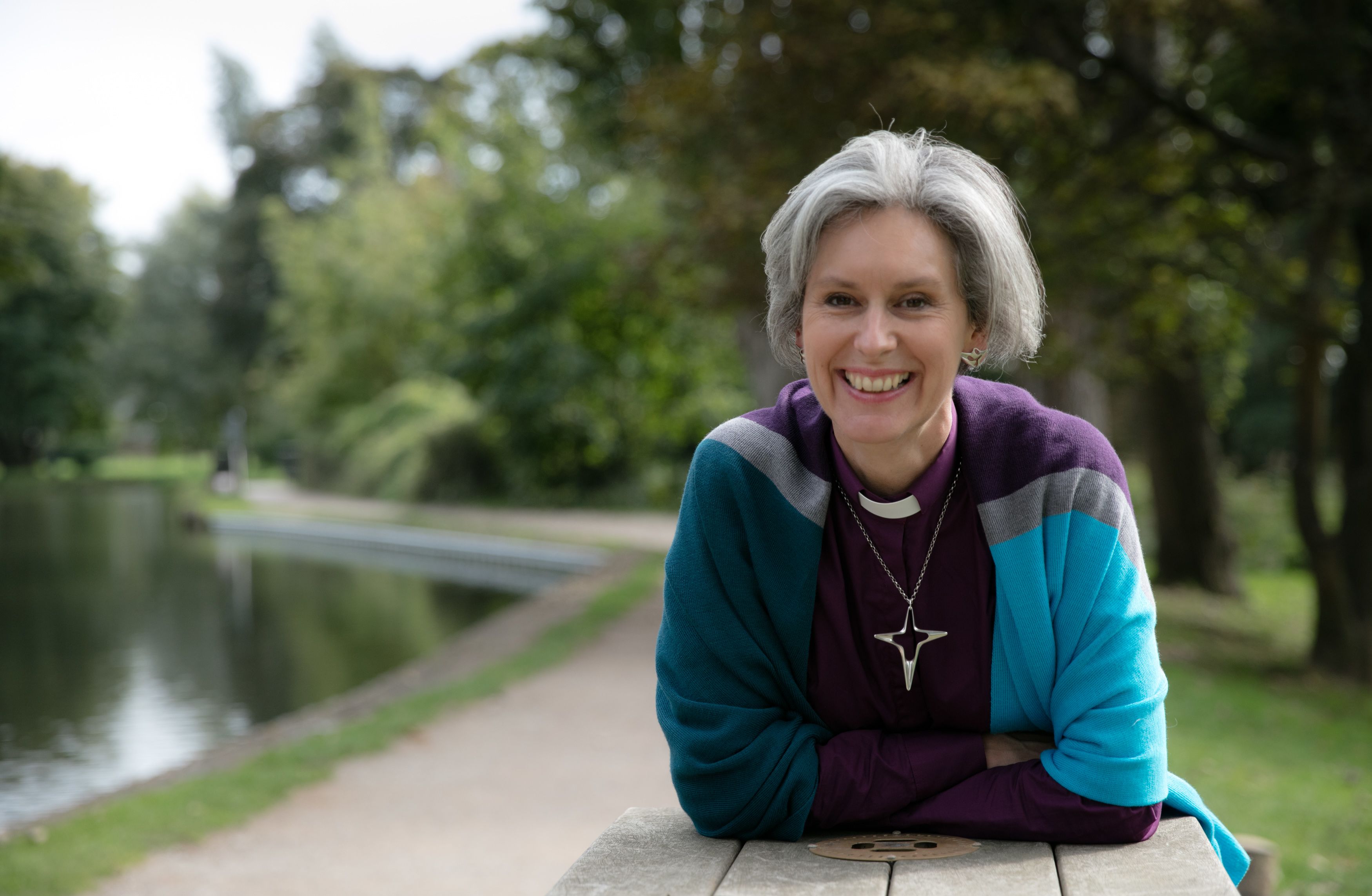The Rt Revd Dr Jo Bailey Wells

At the beginning of 2023 you started your new role as the first Bishop for Episcopal Ministry in the Anglican Communion. Tell us more about this position and what it means for you to be the first post holder?
There’s a bit of me that’s always resisted what is safe or predictable! This role is about serving the 850 bishops around 42 provinces and 165 countries in a period of flux in the Anglican Communion. Because the Lambeth Conference (where they come together) happens only once every ten years or so, my role is to work at sustaining fellowship and collegiality ‘in the gap’ and ensure that the calls and commitments made at the most recent Lambeth Conference come to fruition.
Talking of firsts, you were also the first female dean in a Cambridge college when you were appointed dean of Clare in 1998. How important was this to you and what impact has it had on your career?
What mattered at the time wasn’t simply the job title, but the opportunity to continue in ministry at Clare. I’d been Chaplain perhaps for a year or 18 months when the then-Dean Nick Sagovsky took a sabbatical and shortly after announced his departure. As Acting Dean, I’d already got most of the practicalities covered – competency was hardly the issue. But I was young at 33, and clearly there was significance and symbolism that meant this was not just about me. Women had only been ordained as priests for 3-4 years, so here was another proverbial glass ceiling breaking. I was buoyed up by all those who rejoiced, both within and beyond Clare, and deeply honoured to step into shoes previously filled by the likes of Charlie Moule and Rowan Williams. There was press interest, but I felt what mattered most was to get on with doing a good job of ‘making the workings of the College human and its worship divine’, as I used to put it. The door was open to be involved in most areas of College life, from coaching on the river to renovating the bar and buttery, where (thankfully) being female was unremarkable.
I dare say my profile might have helped ‘grow’ the chapel congregation (despite my singing, which Tim Brown graciously tolerated!)… just as my own confidence also grew, in God and in self, for whatever lay ahead.
At what point in your life did you realise you wanted to join the ordained ministry?
I spent a gap year before coming up to Cambridge in Transkei, a rural underdeveloped part of (apartheid) South Africa which turned my world upside down. There I was embraced by people who were the poorest of the poor in socio-economic terms, yet the richest in spirit I’d ever known. Probably from that point on I abandoned any ‘normal’ career path, naively determined to change the world even if I didn’t know how.
I left Cambridge somewhat confused, even a bit discouraged. Ordained ministry didn’t cross my mind (and wasn’t an option anyway for women in the UK) until a couple of years later when I was doing an MA in Minnesota and attended an Episcopal church. I’d never encountered a church (or any organisation) having such effective impact while also having so much fun in the process. If serving the church could be like that then I was in… Up until then I’d wondered about teaching, counselling, or social work; suddenly here, thanks not least to a couple of good clergy role-models, I got a glimpse of ordained ministry that turned out to be a mix of all three.
You have spent quite a lot of time in South and East Africa.
Can you tell us bit more about your time there and why it has been so important to you?
Mainly that’s about my journey of faith, as explained above. I owe a huge debt to Christians in South Africa, Uganda, Haiti and more recently South Sudan – where consistently I’ve found the deepest wells of joy, even or especially where injustice or adversity are most acute. Perhaps it’s also when normal securities are stripped away that one is open to reevaluate life and be transformed. In such circumstances my eyes are opened or reopened to the spiritual side of life such that the risk of faith makes sense. So I find working in such circumstances a privilege, a gift, I might even say a luxury – it’s in African contexts more than anywhere else that I’ve found the grace of God, seen the ‘life in its fullness’ that Jesus offers, and known prayers answered in remarkable ways.
What part did your time at Clare College play in your journey so far?
At Clare I learned about community and leadership, lessons which have been key for subsequent roles both in higher education (at Ridley Hall, then Duke University) and in ministry (founding a community at Lambeth Palace; more recently as a bishop). Community is the hallmark of the college system, and where it’s healthy I believe there’s nothing like it for learning and challenge and growth. But to thrive, and be a safe place for taking risks – which may be risks of learning, identity, or faith – a community needs leadership. That’s about voicing vision, to bring each member to raise their game and serve the whole, and then getting stuck in, to model the kind of non-partisan relating that reaches beyond ‘people like me’. I became the more committed to the gift of diversity, in all its dimensions, yet recognise it’s a gift requiring care given how often fragility sits close by. For all the talk, our world gets worse at this – fear so often takes over – which explains why I want to build community, across the church or within a university. Go Clare!
